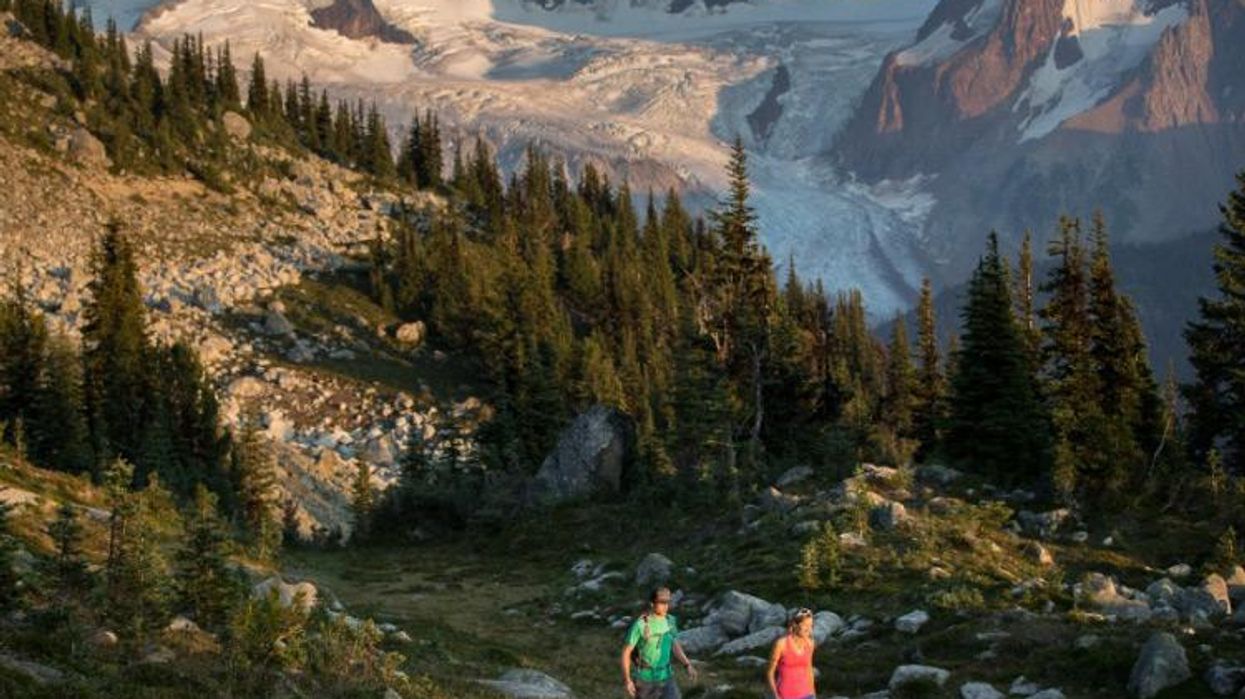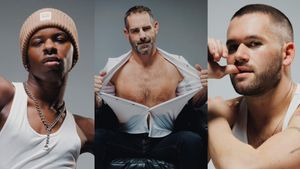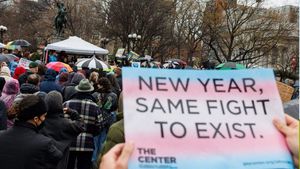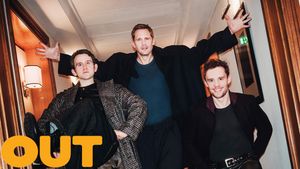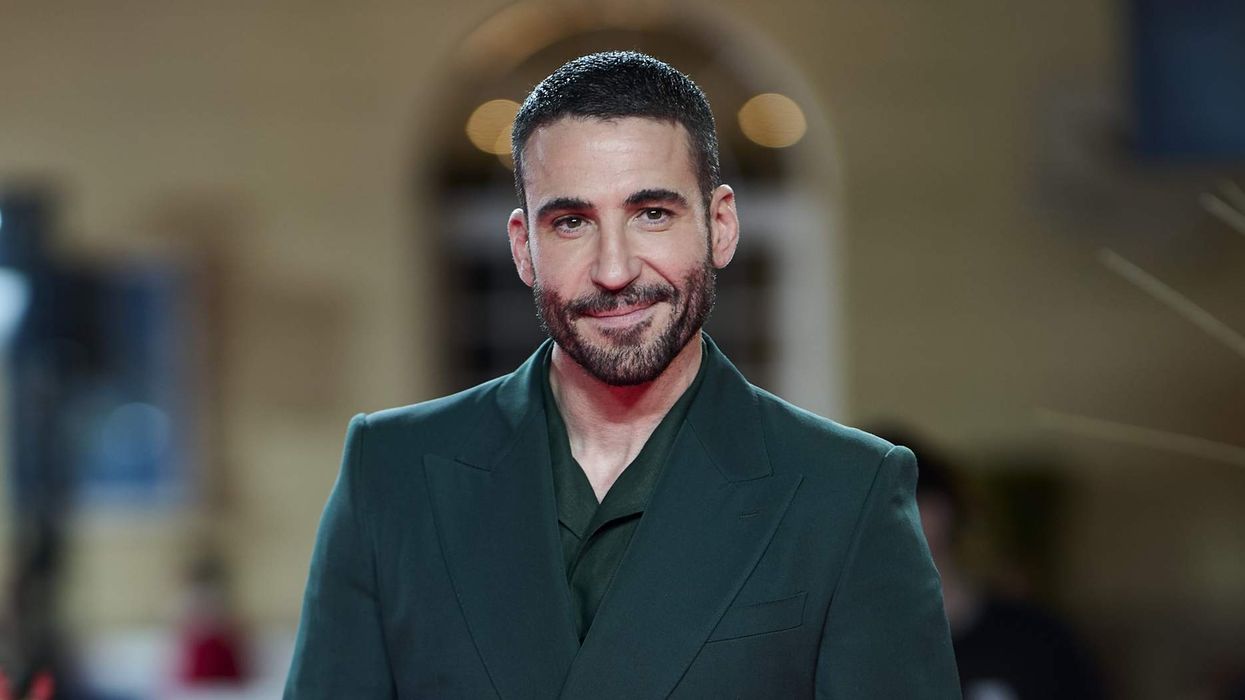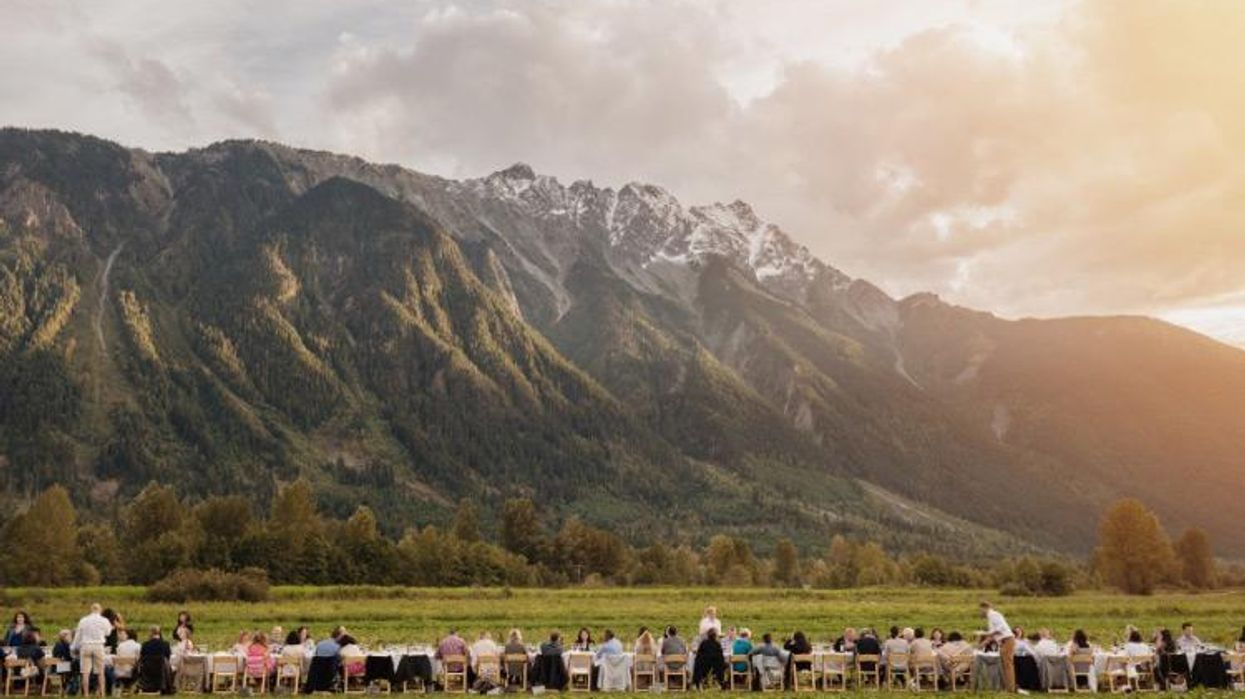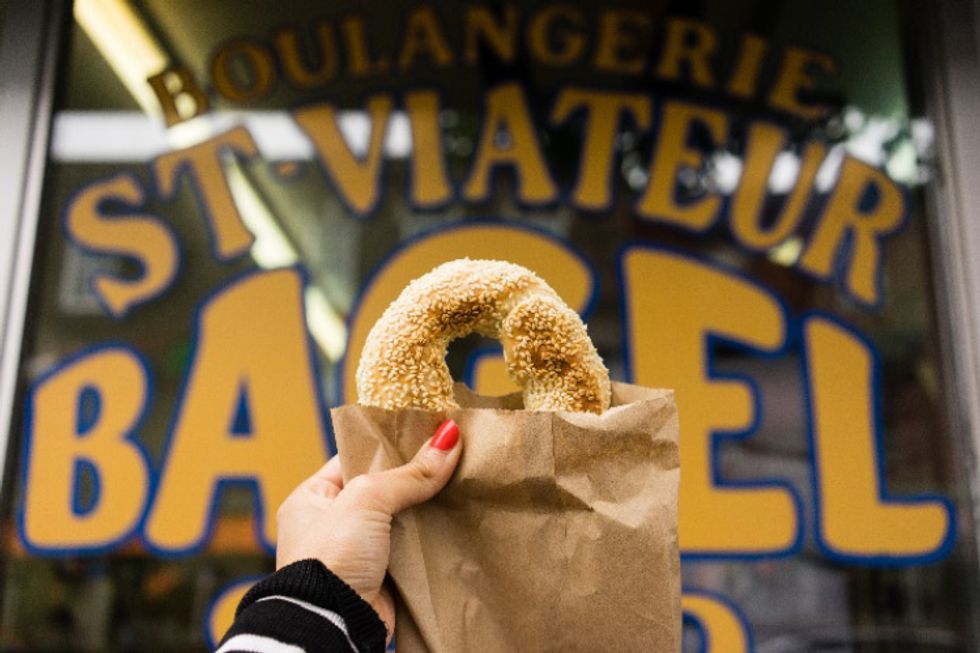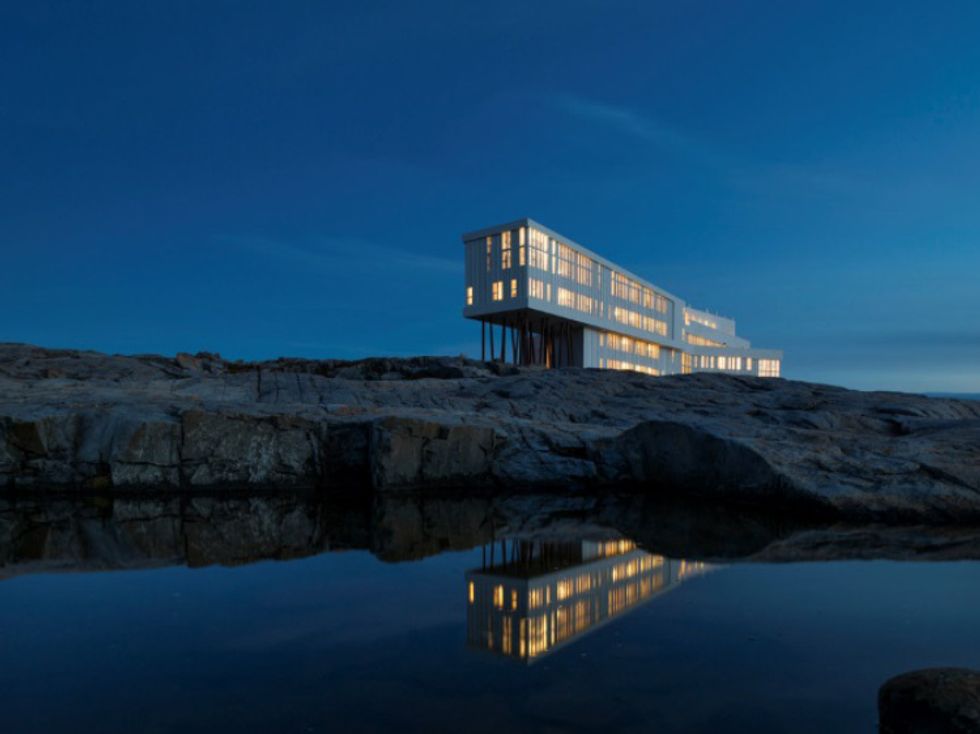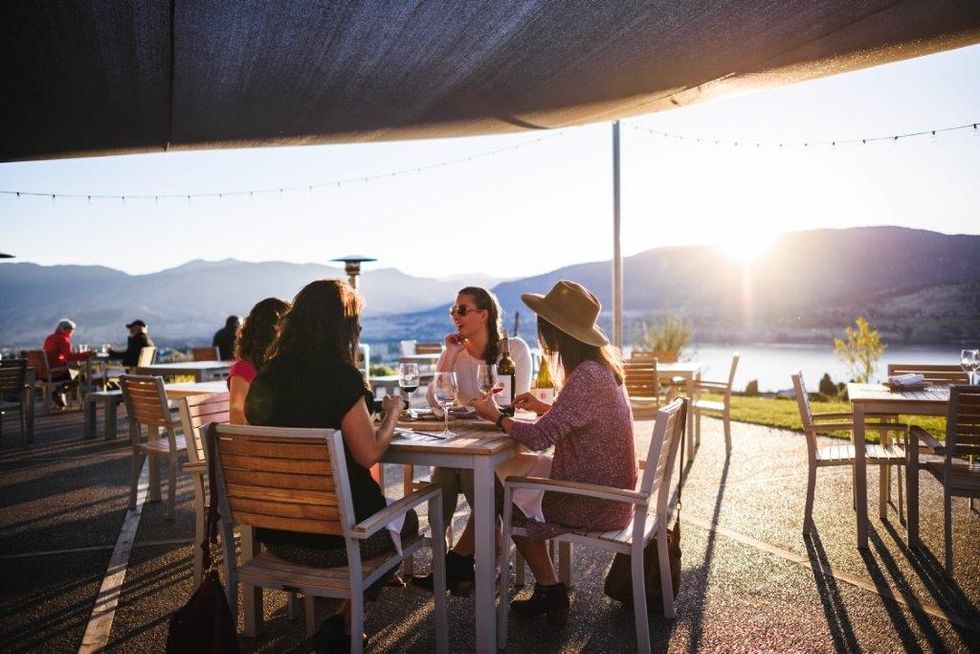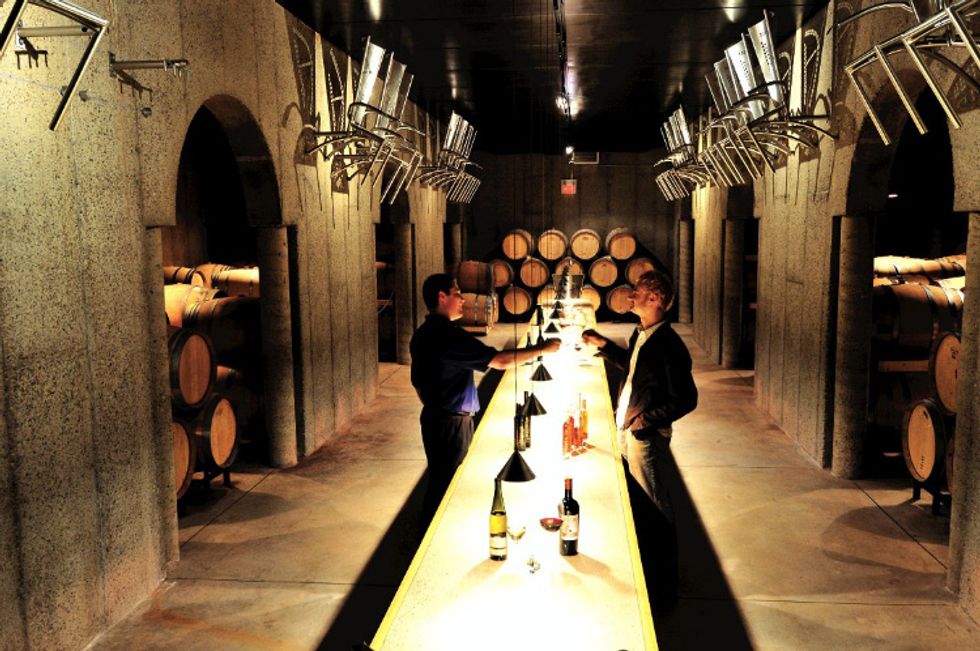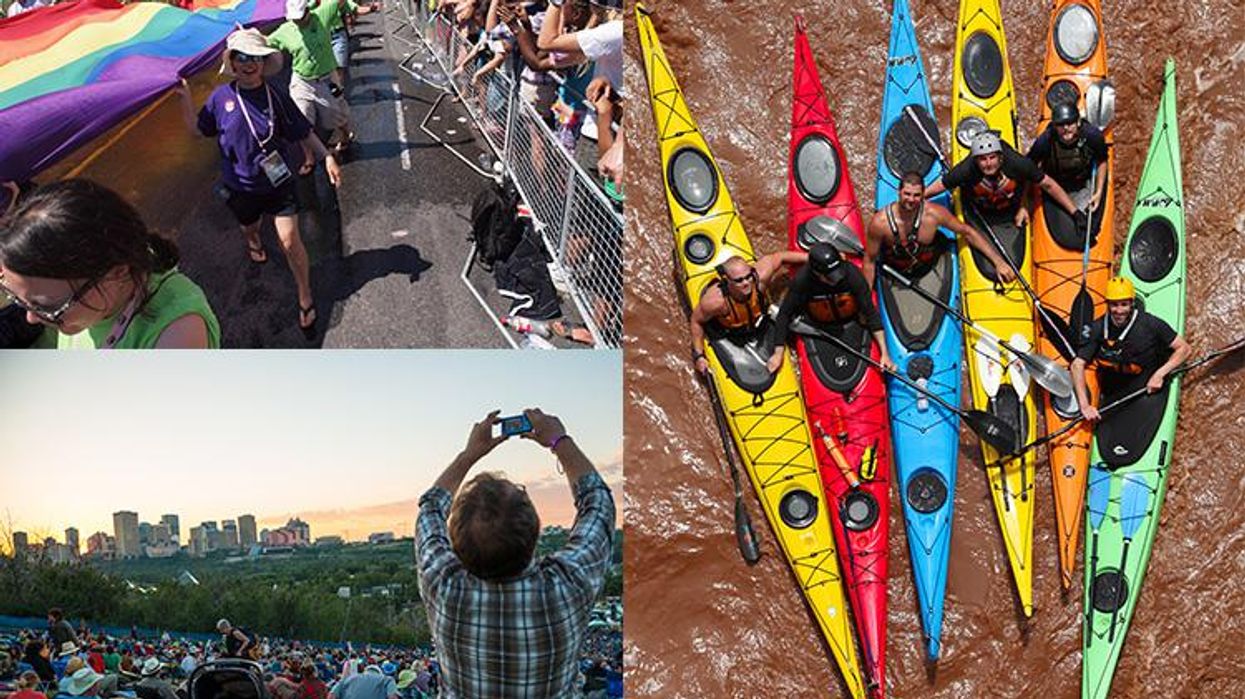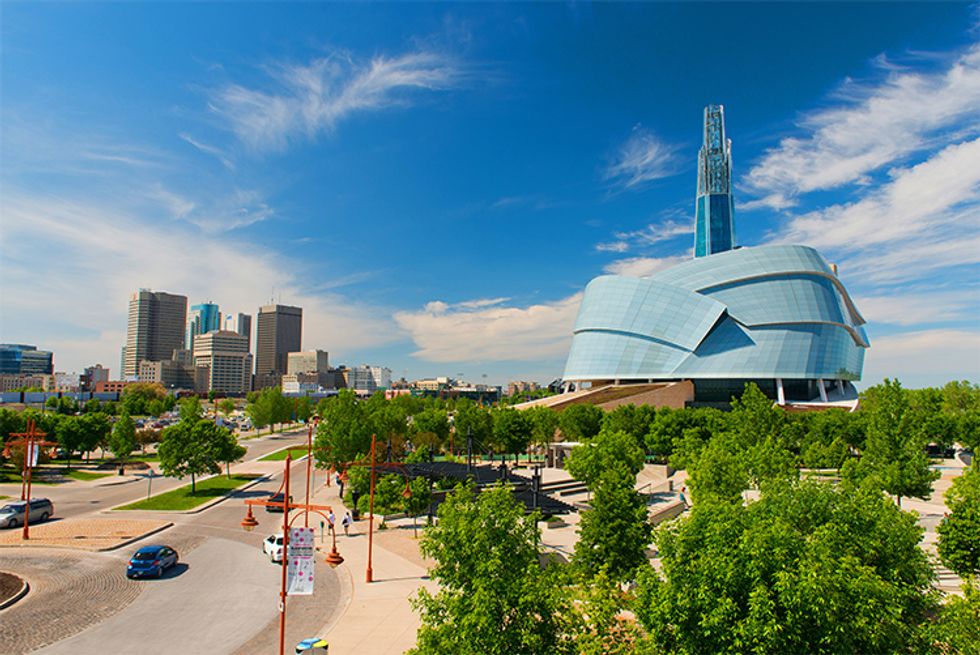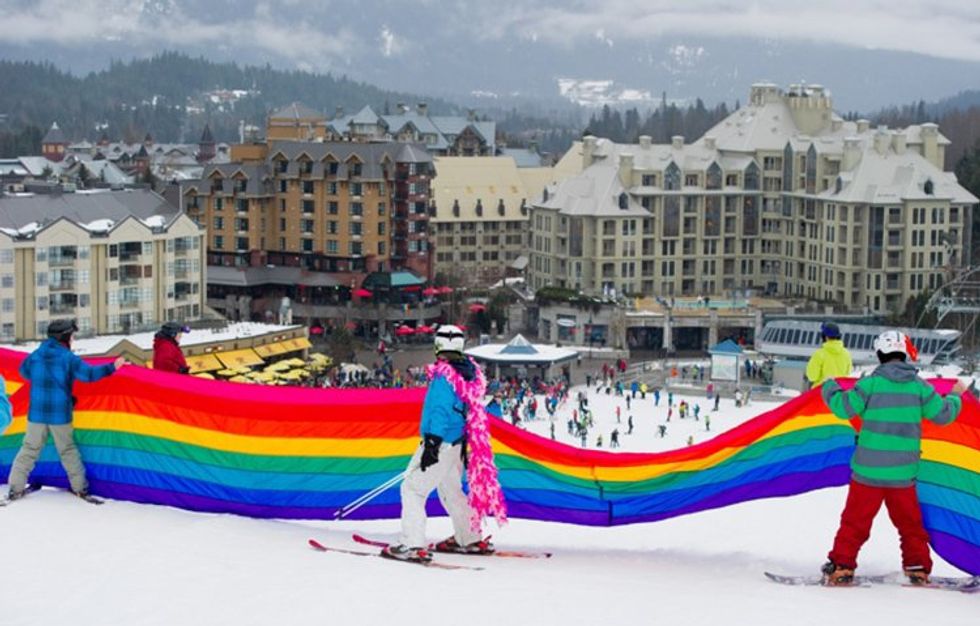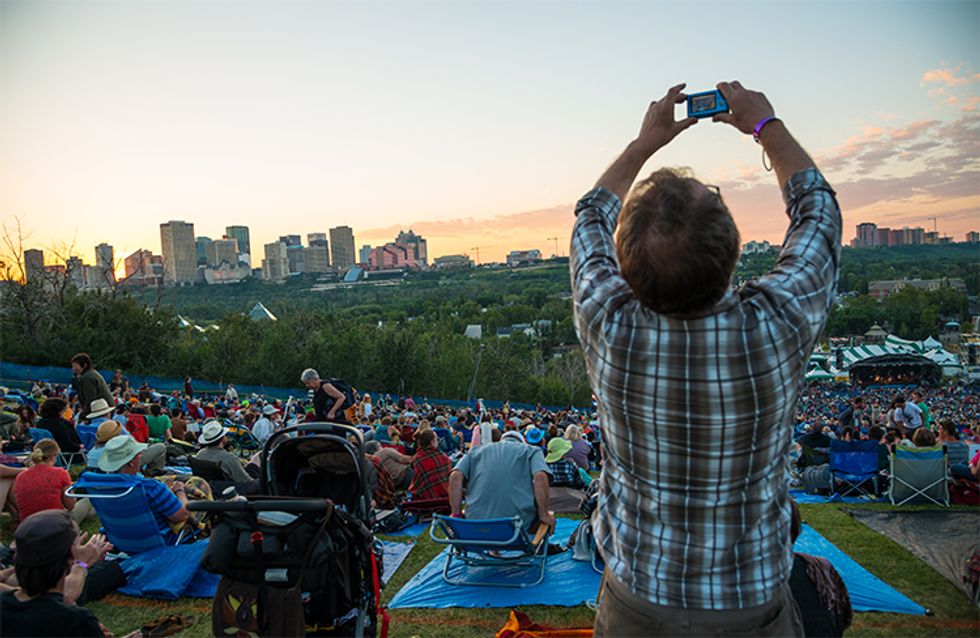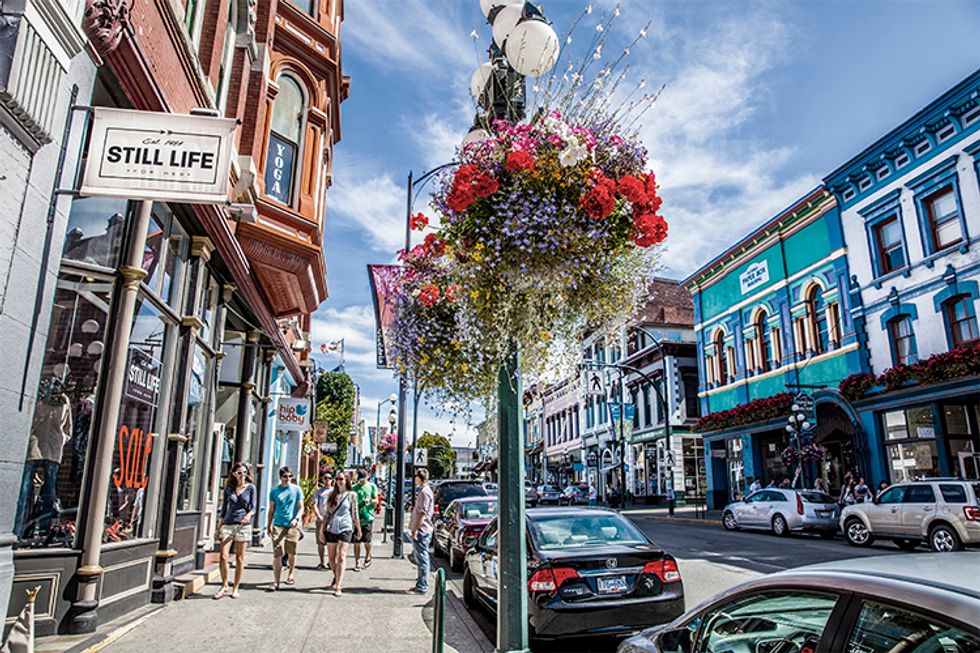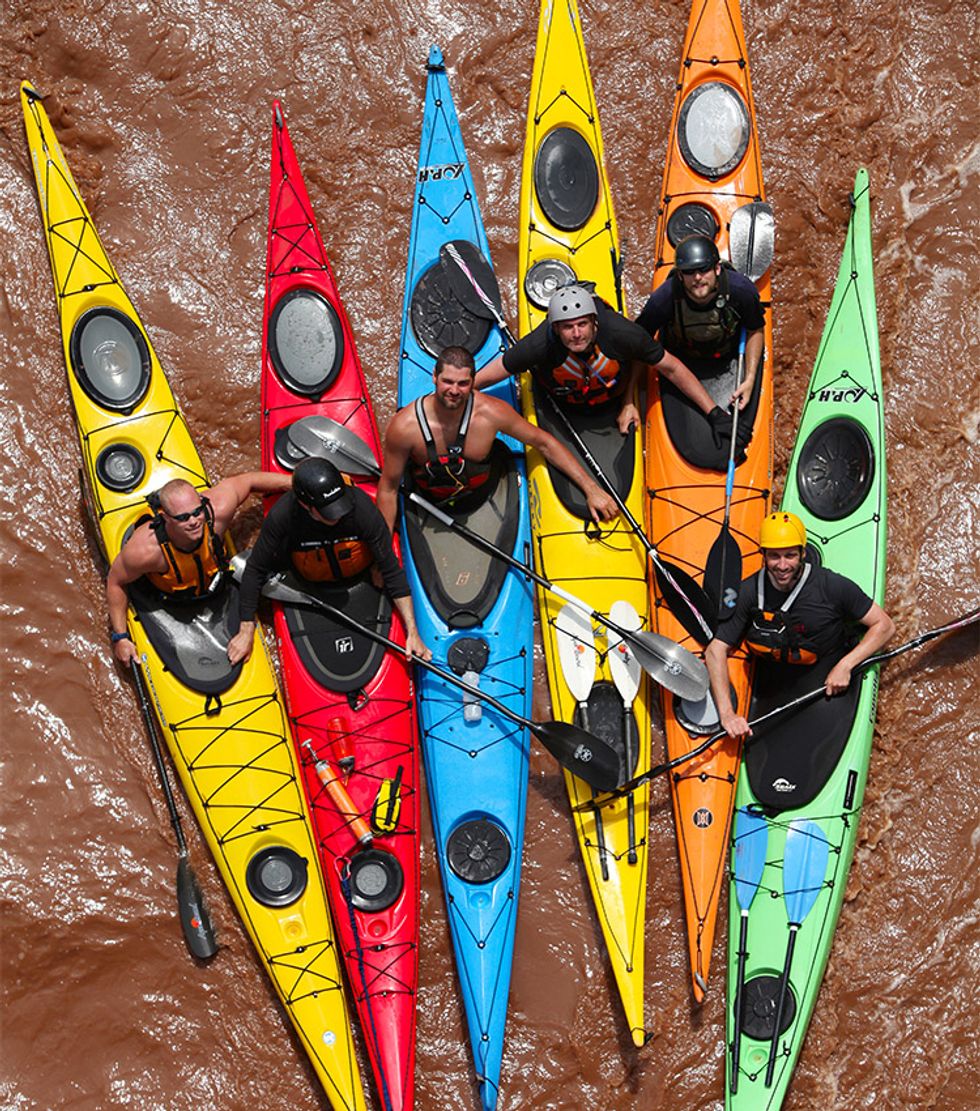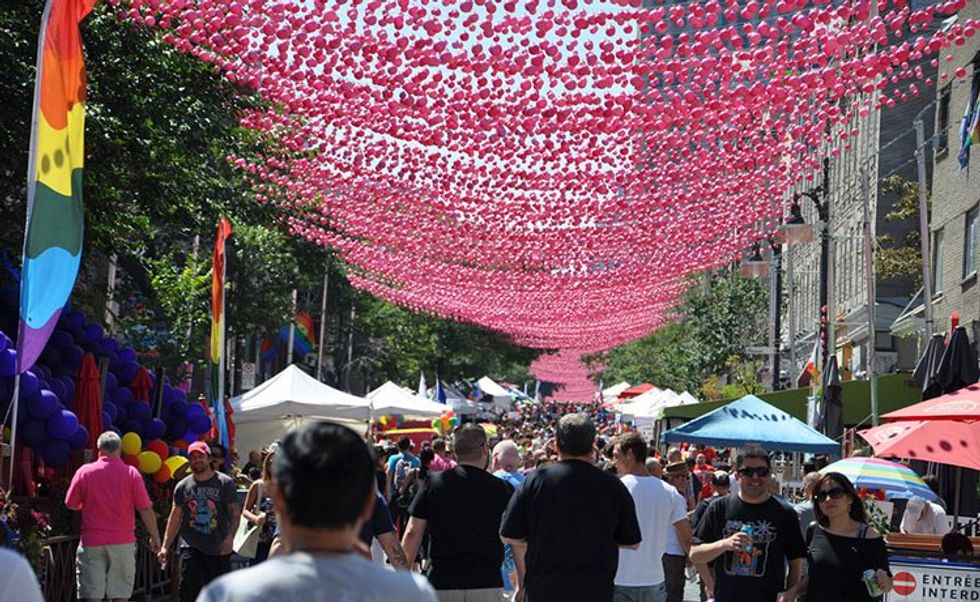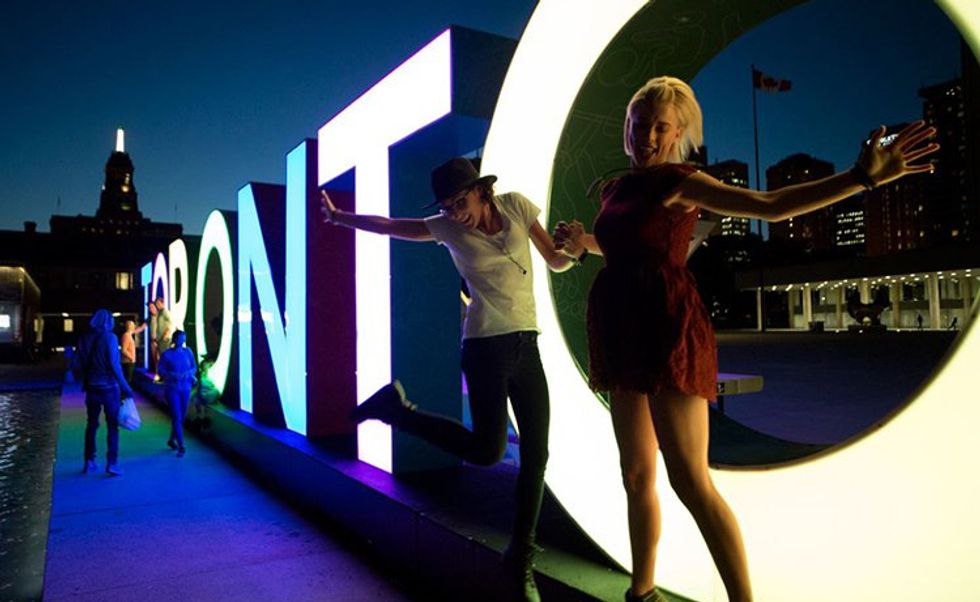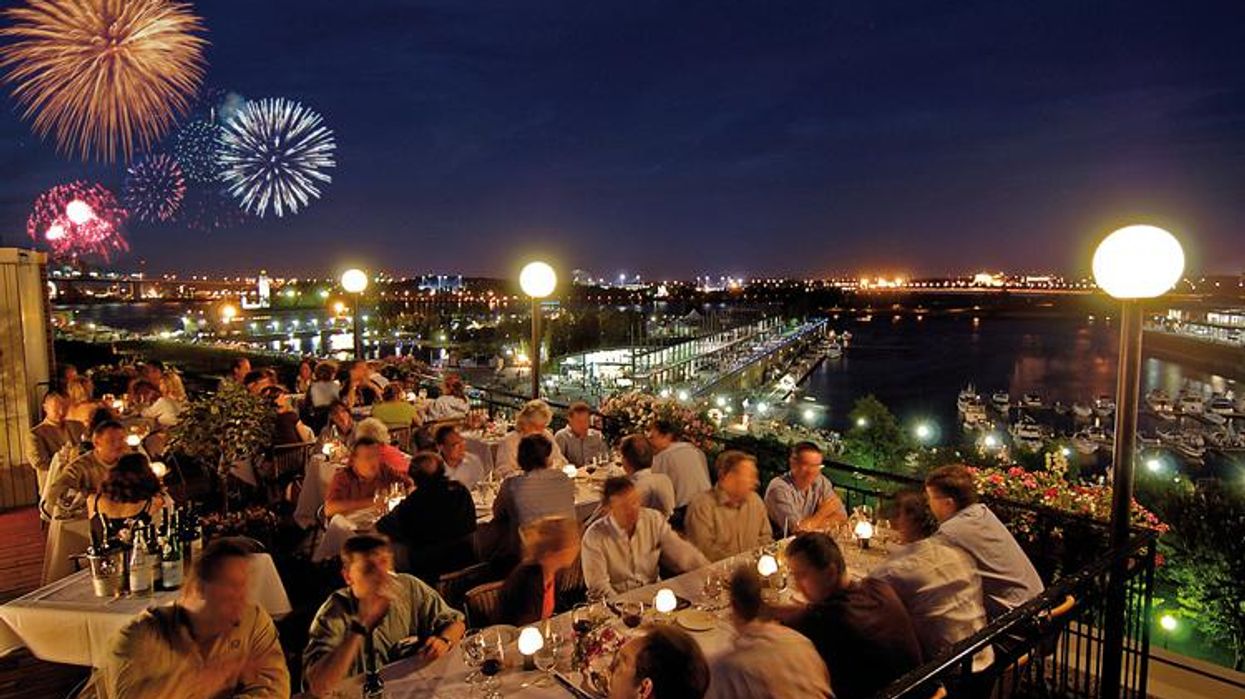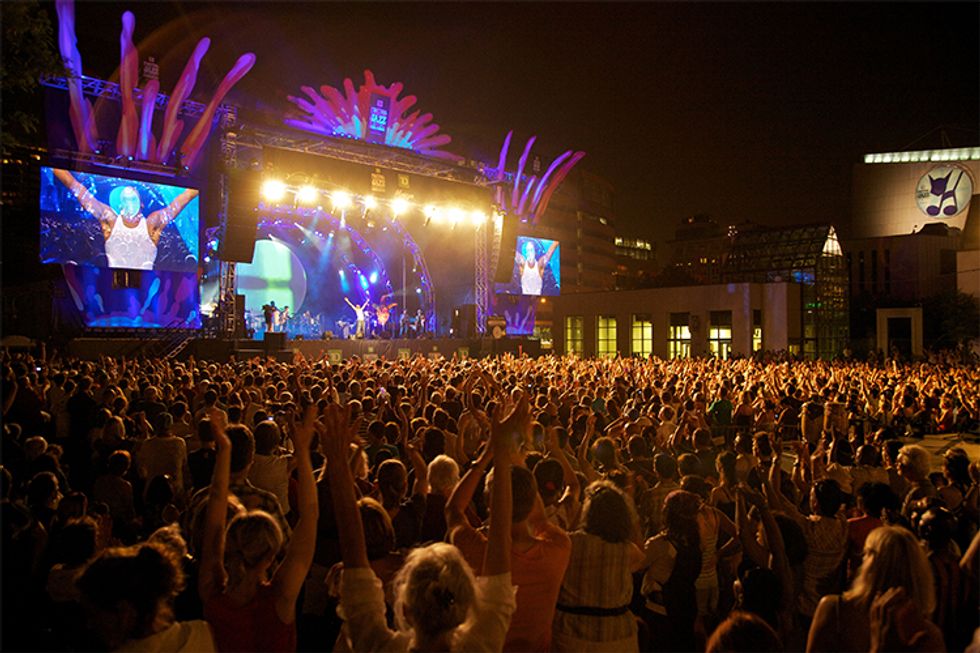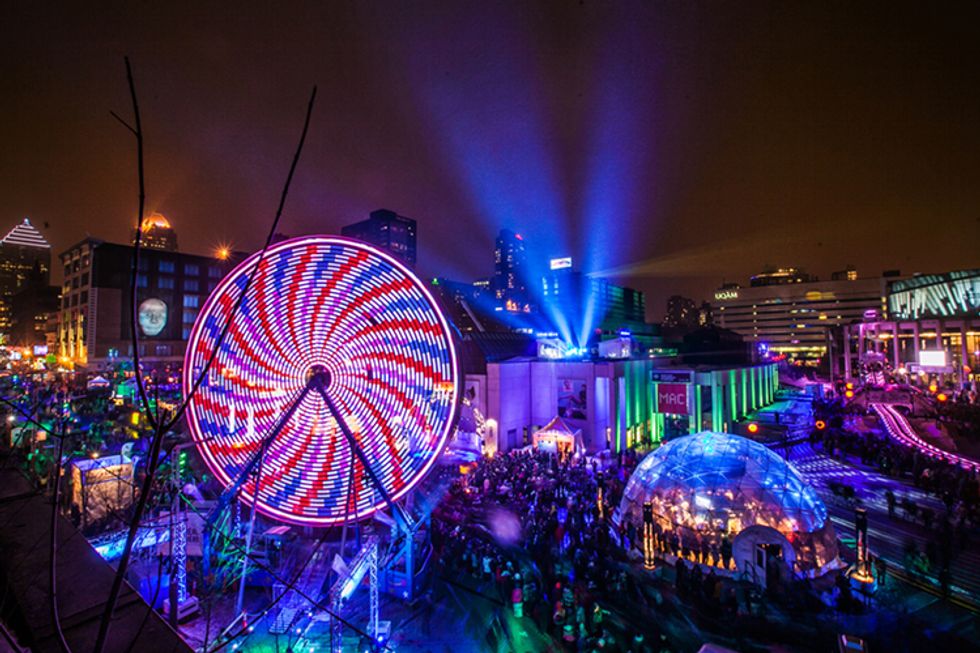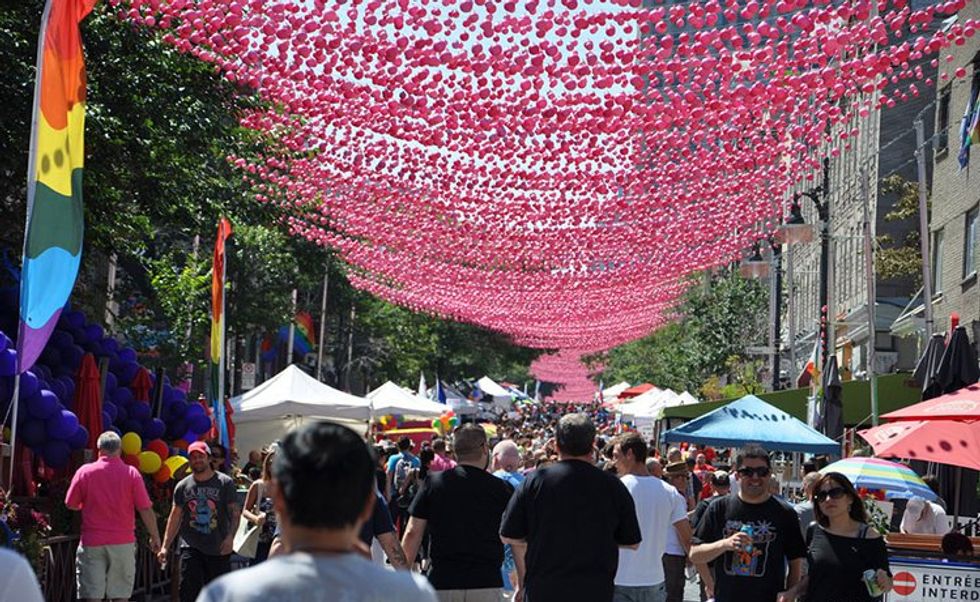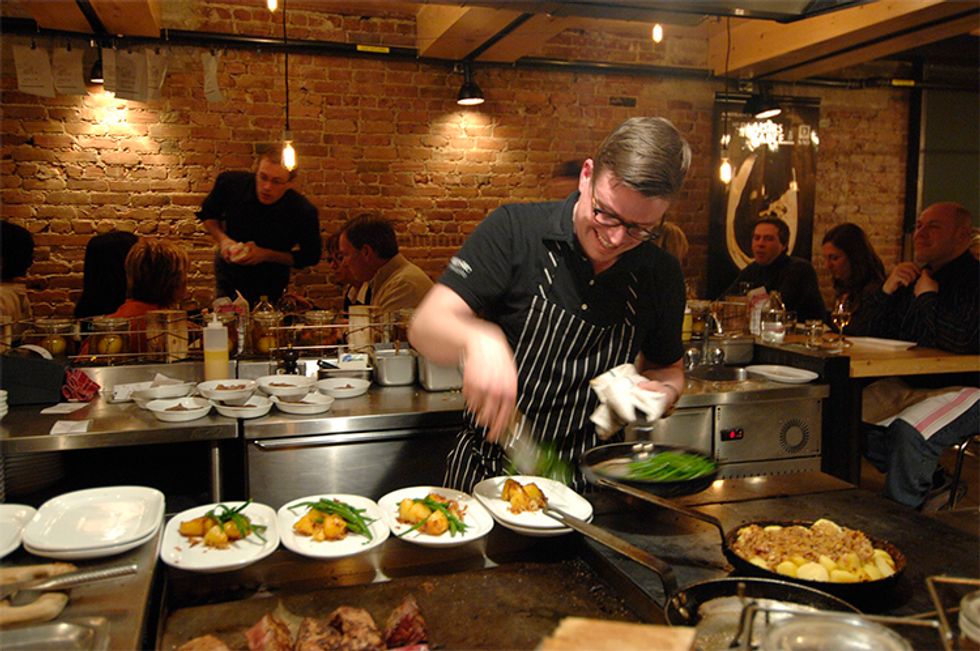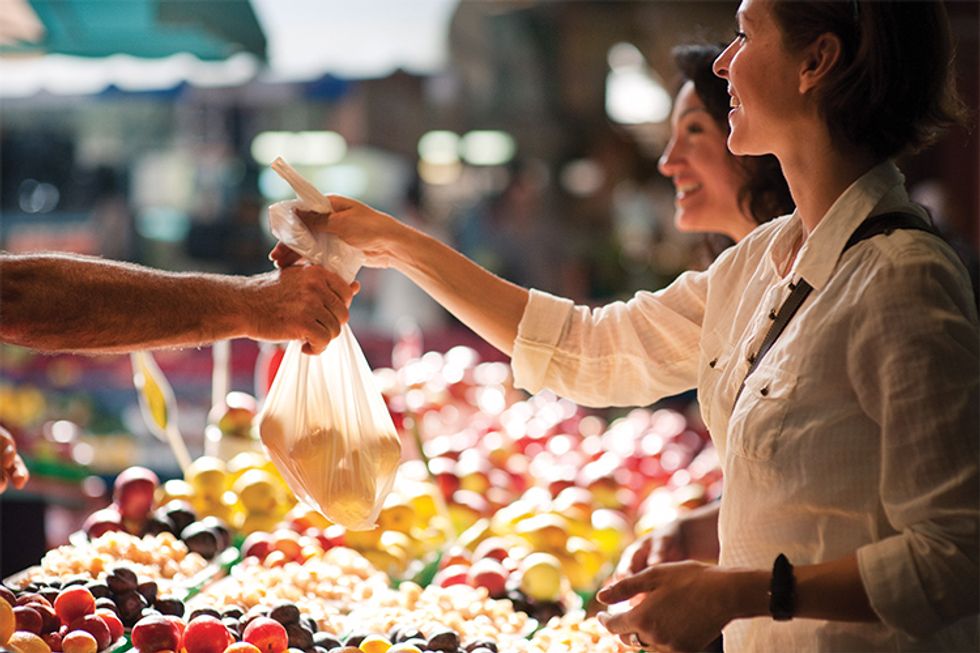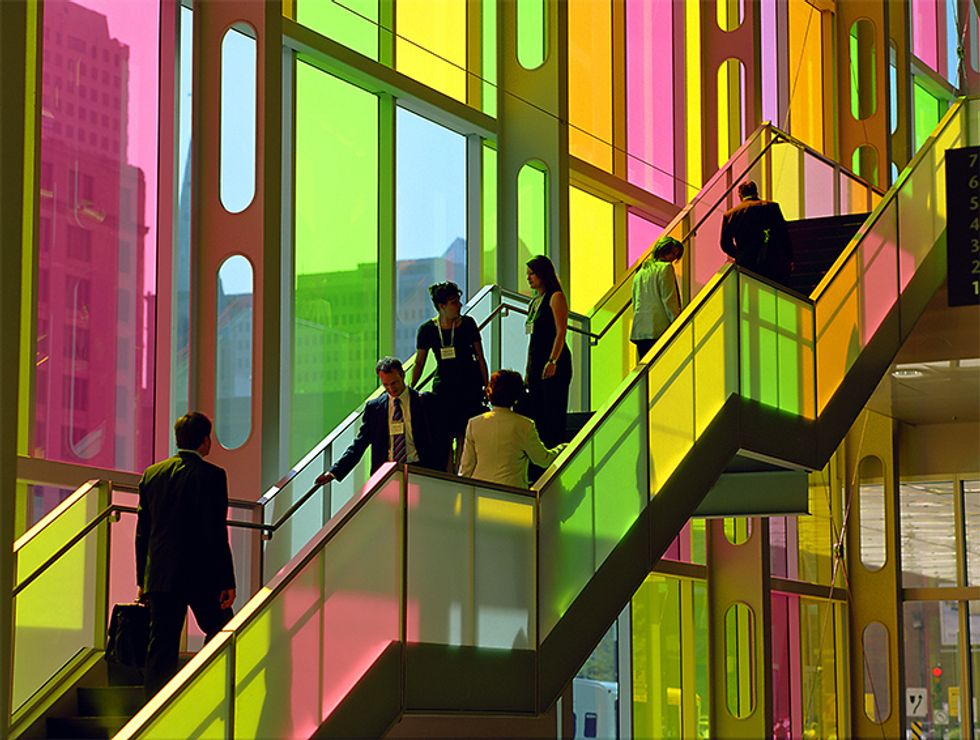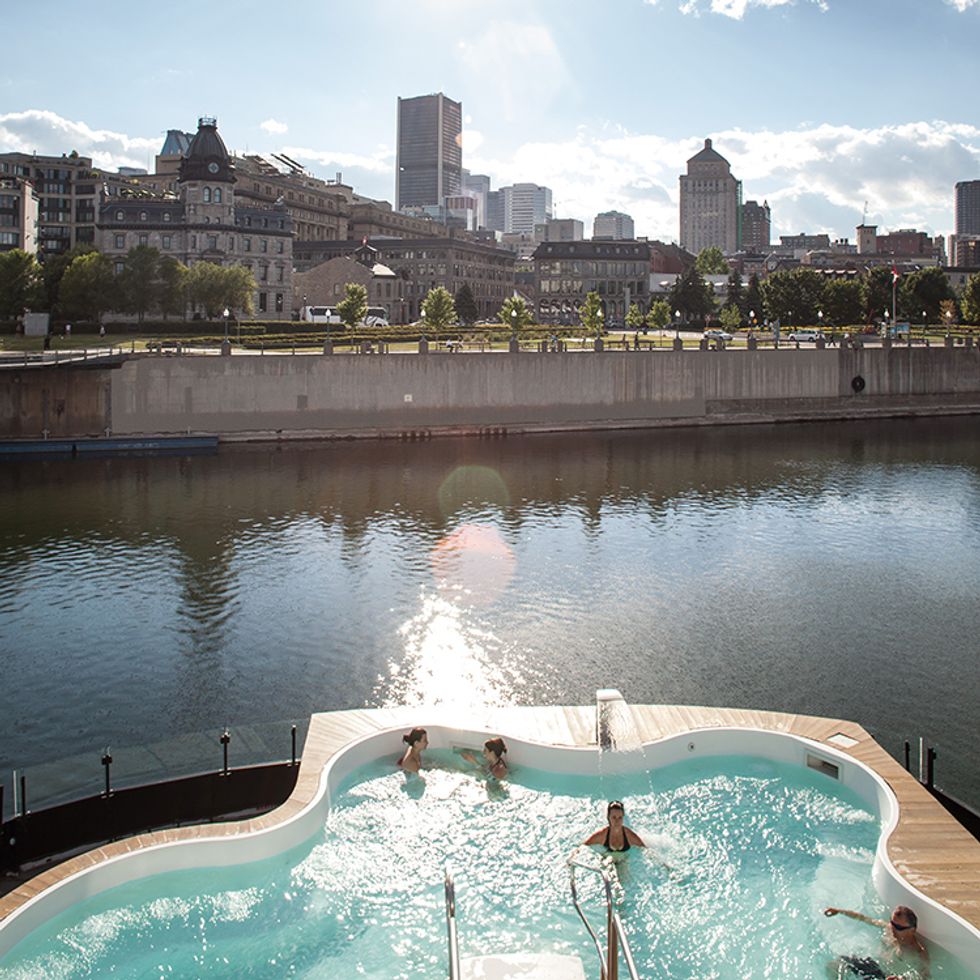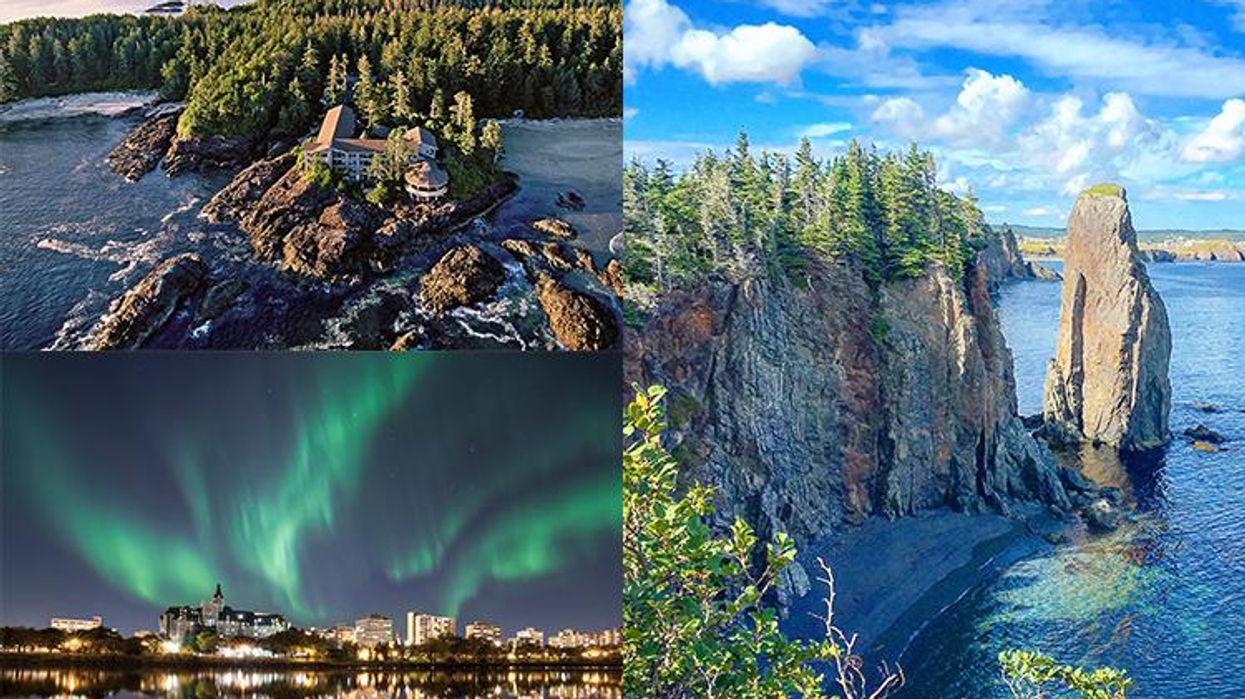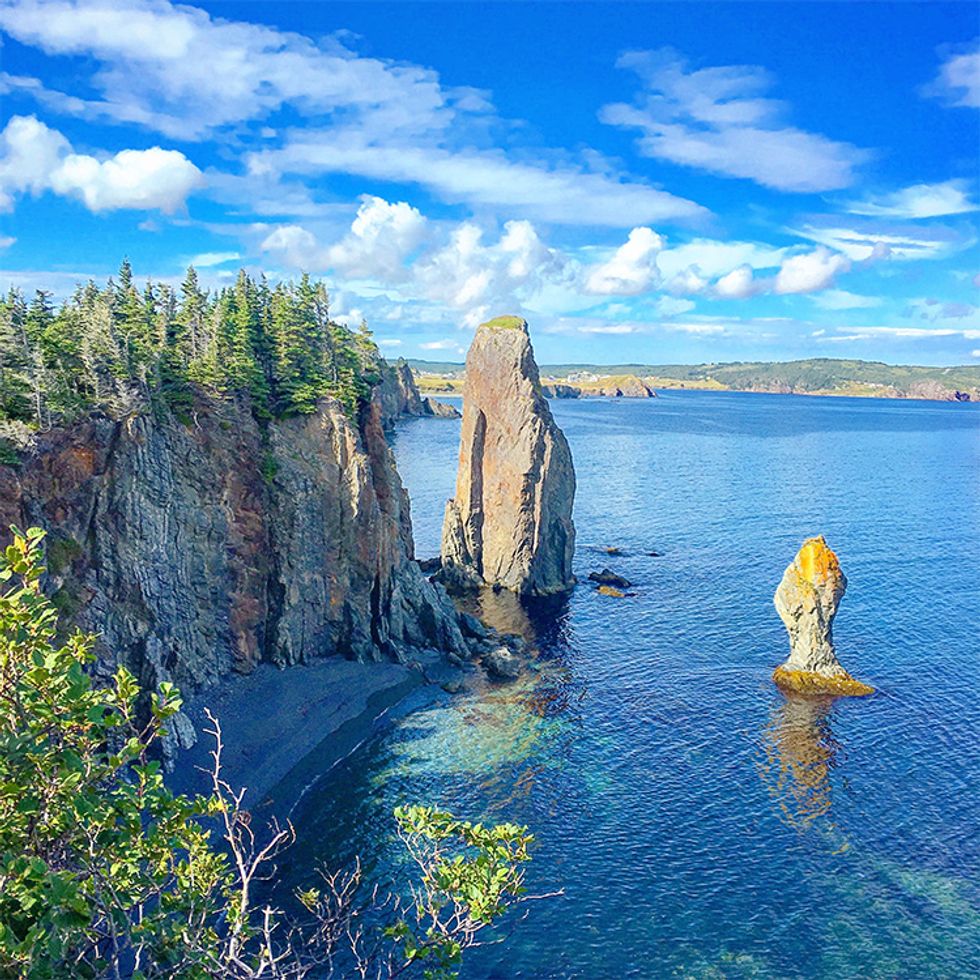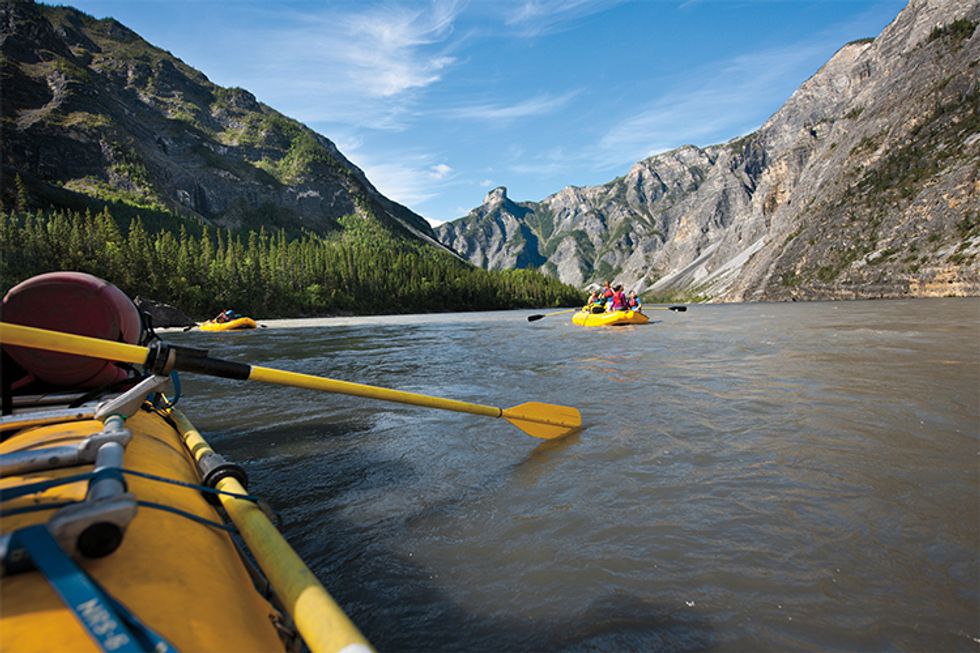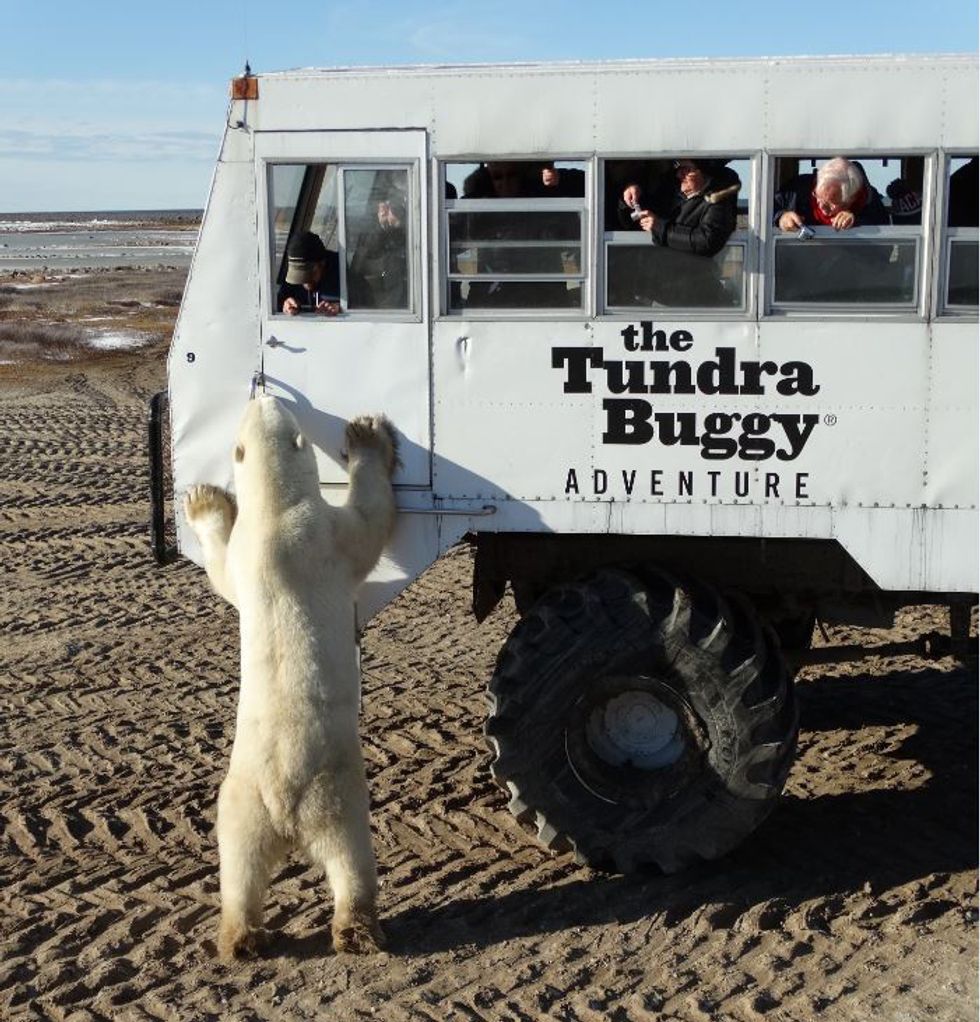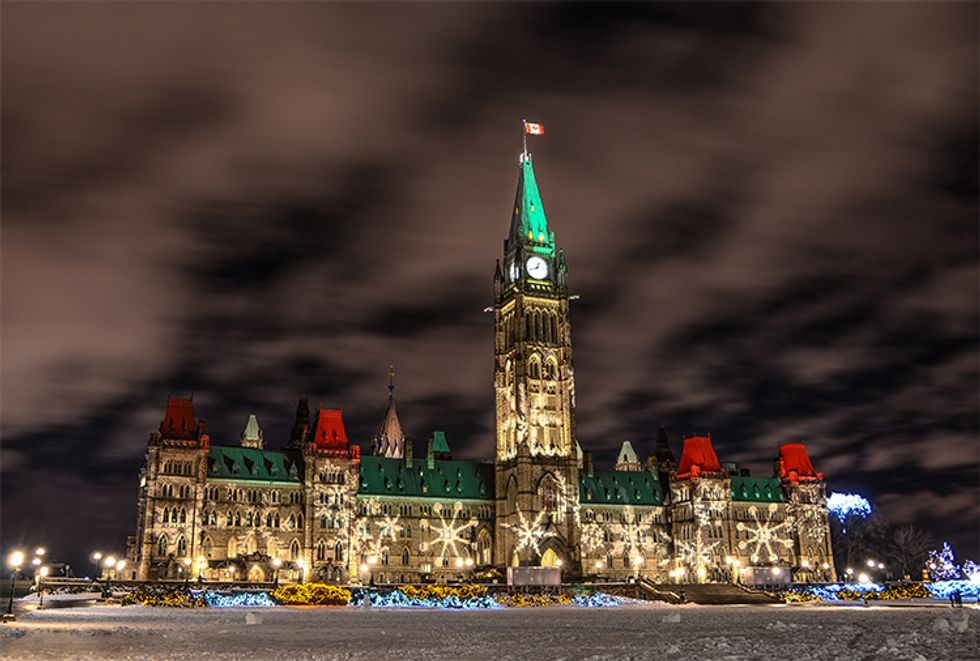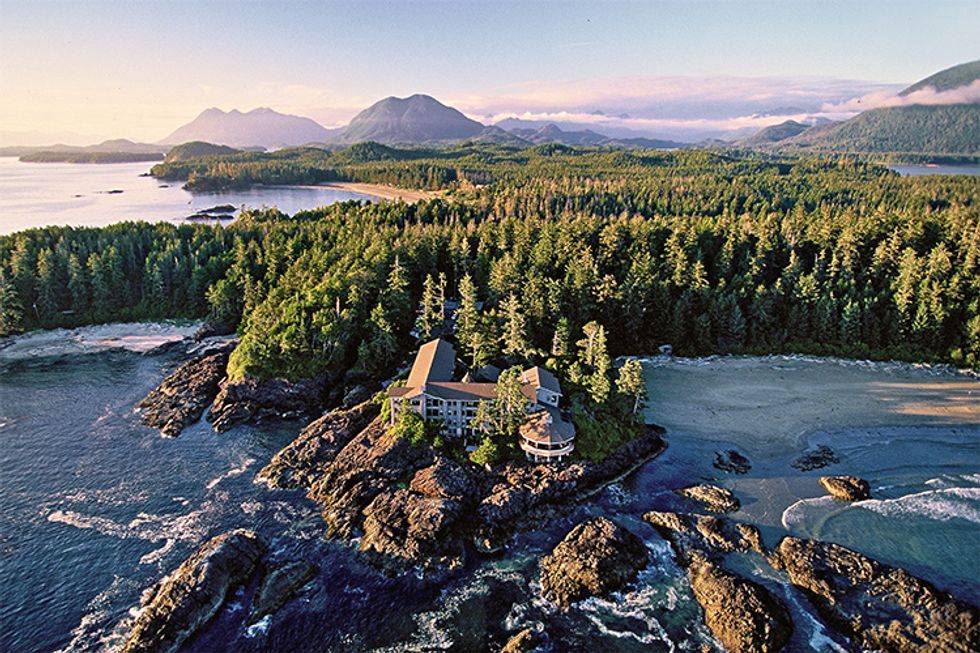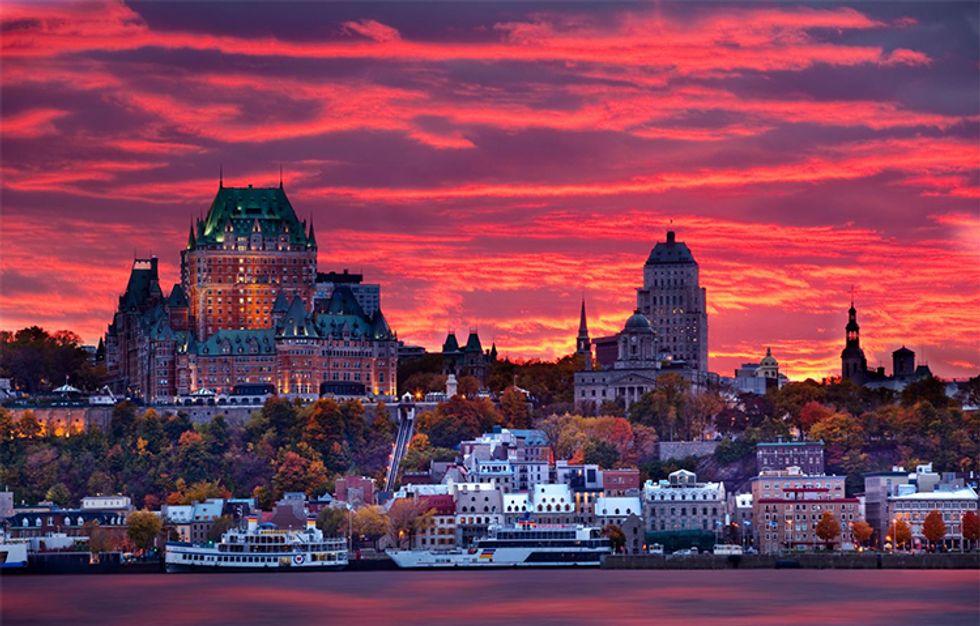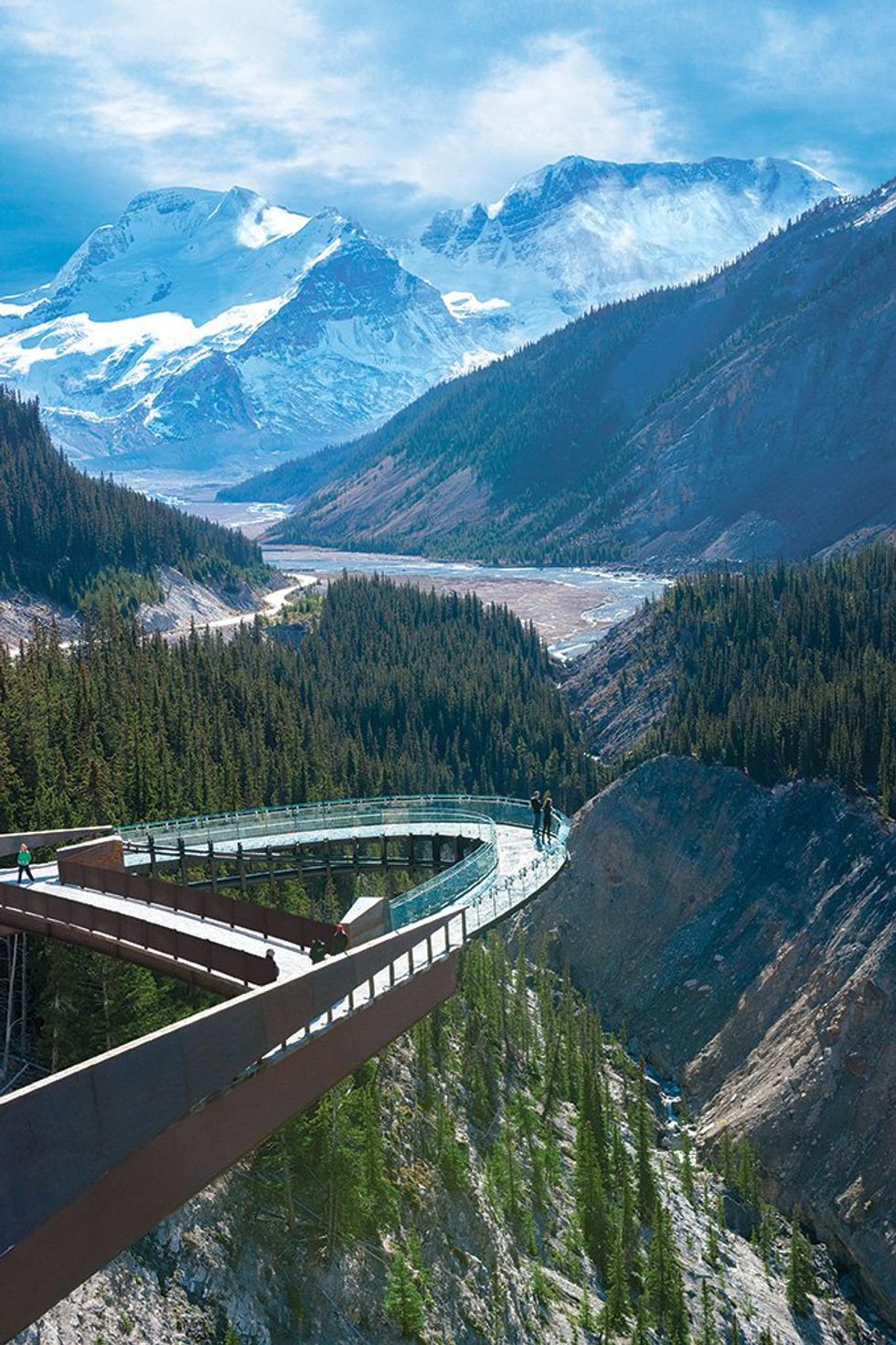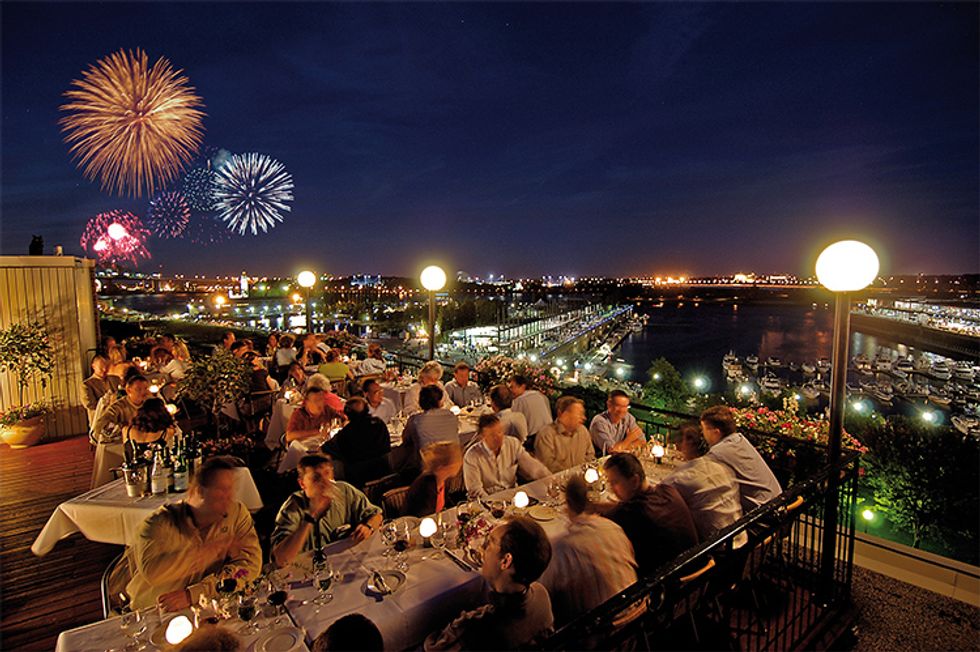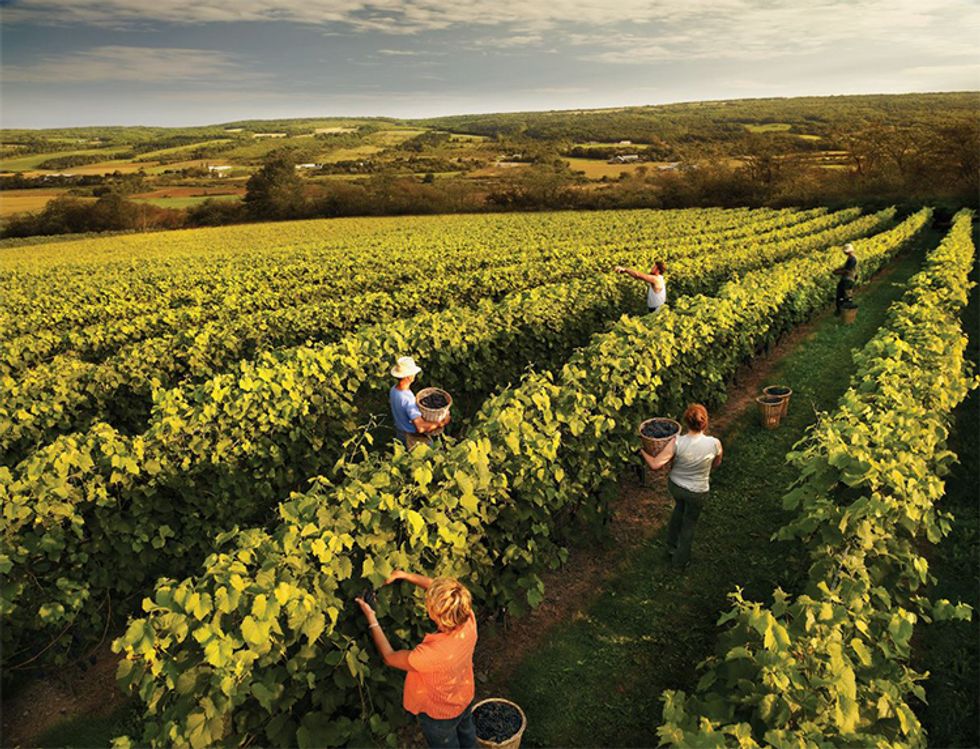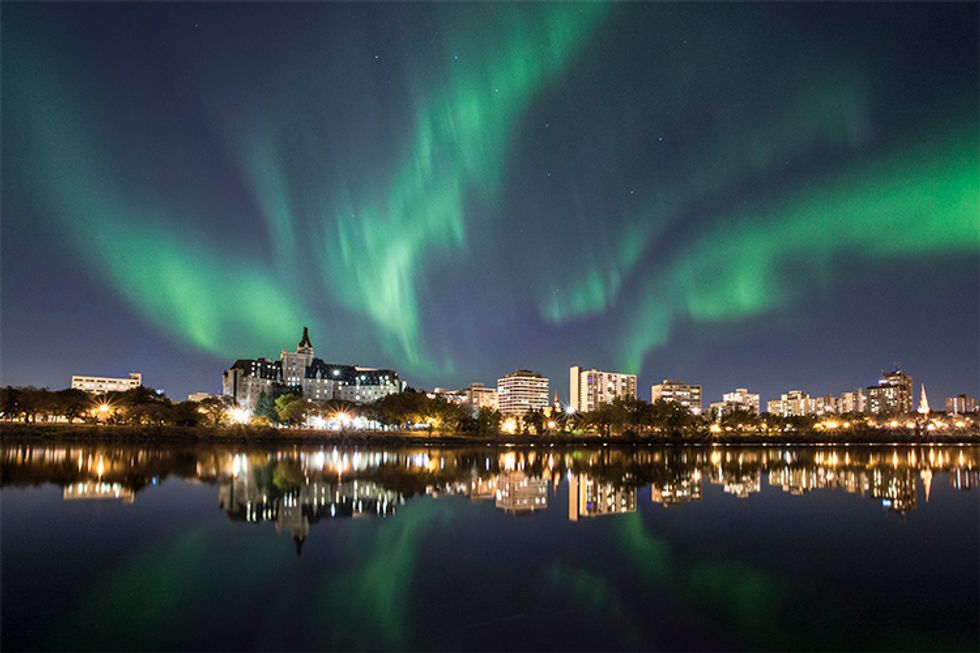(Photo Courtesy of Whistler Blackcomb & Robin O’Neill)
With an incredibly diverse assortment of experiences across one of the largest swaths of land in the world, Canada can offer endless possibilities for adventurers to first-time travelers. Each region of the country is a little bit different, making up a culture of uniqueness across the great northern nation, and tempting holiday makers to hop across great distances to see a bit of everything. We, however, recommend choosing one area and going deep within the destination to best understand what makes Canada so distinct: Instagrammable vistas, dense urban pockets of creativity, exciting activities, a vibrant food and wine scene, and some of the friendliest people on the planet.
Here, we start you off with a perfect introduction to Canada via British Columbia, an incomparable province perched between the towering totems of the Pacific Coast and the cloud-shattering peaks of the Canadian Rockies. Each day of your week-long itinerary is packed with highlights for you to explore as you create your adventure.
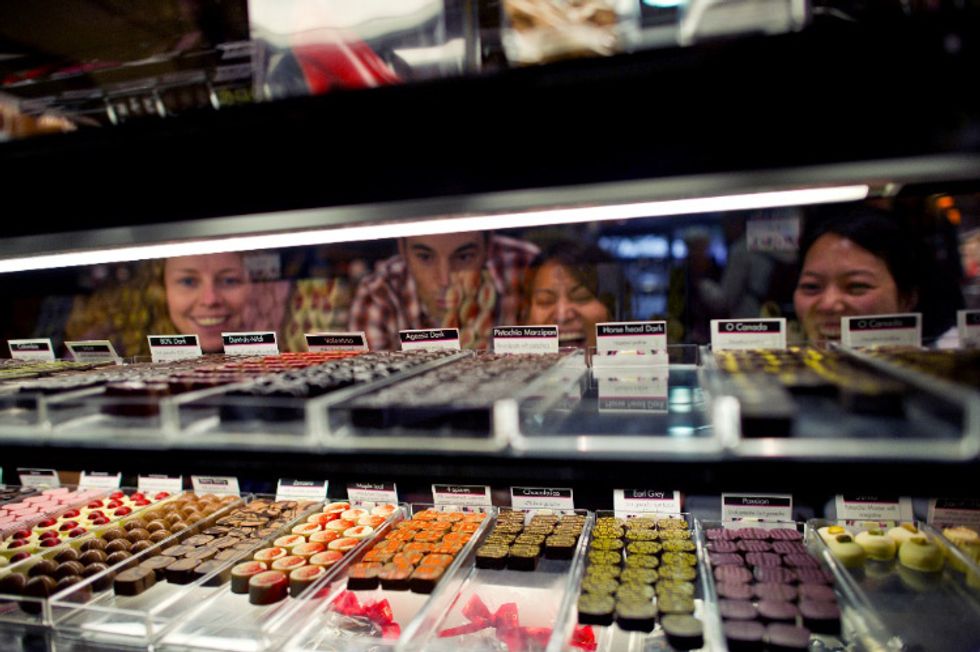
(Photo Courtesy of Destination Canada)
Day 1: Vancouver
There is no urban vista more beautiful than seeing Vancouver’s glass towers contrasted against blue Pacific waters and a white crown of snow-topped mountains. Your first stop in town should be the market on Granville Island, an industrial islet now lovingly reclaimed by small businesses and artists—and if you want to go deeper into the food scene, try one of the aptly named Vancouver Foodie Tours offering culinary adventures of the food truck variety. If you are feeling a little adventurous, head over to Lotus Land Tours for a day of kayaking along Indian Arm, a glacial fjord formed during the ice age and with a grilled salmon finishing picnic lunch at Twin Island. Perhaps you may be lucky enough to get a glimpse of one of the many species of whales that call the water surrounding the Gulf Islands home. After you have experienced all that Vancouver has to offer, it is time to hop on a seaplane or catch a connecting ferry between Vancouver and Victoria for the second day of your trip.
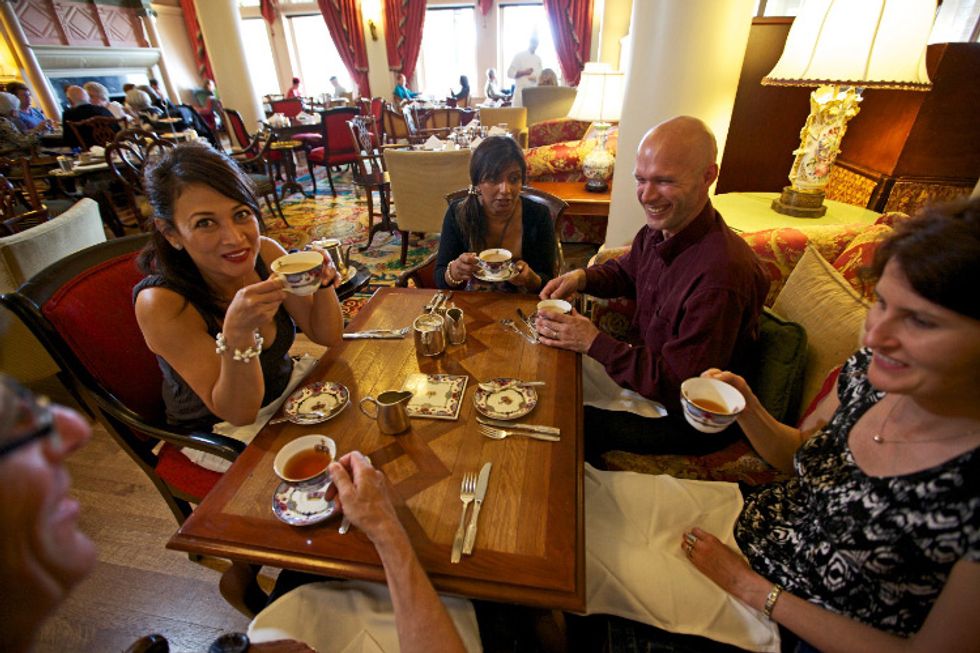
(Photo Courtesy of Destination Canada)
Day 2: Victoria
After arriving in British Columbia’s capital, have a luxurious afternoon at The Fairmont Empress Hotel enjoying high tea and house-made signature pastries. A grand dame and veritable symbol of the city, the hotel was built by the Canadian Pacific Railroad during the rise of luxury train travel in the early 20th century. Also worth a look, the Royal BC Museum houses both the natural and human treasures of the provinces lengthy and elaborate history. Not to be missed is the eye-catching animal motif paintings of the Haida.
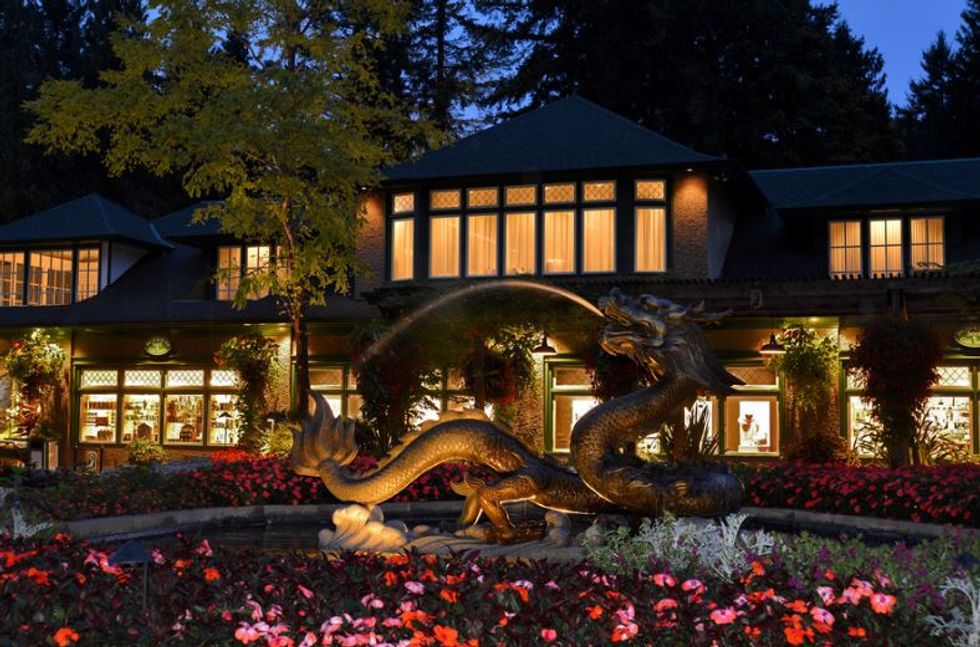
(Photo Courtesy of Destination Canada)
Day 3: Victoria
The best way to explore Victoria is by bicycle, and The Pedaler will get you properly sorted with some wheels and even take you on a custom tour that dips in and out of the city’s best neighborhoods near the Inner Harbour and beyond. We like their “Hoppy Hour” which offers stops around town to taste-test some of the best craft beers that pair nicely with fresh fish and chips from Fisherman’s Wharf.
Afterward, give Butchart Gardens a try. Once the private estate of a cement tycoon and his wife, the grounds are now open to the public and showcase over 55 acres of rare and eclectic petals, plus unique displays and shows throughout the year.
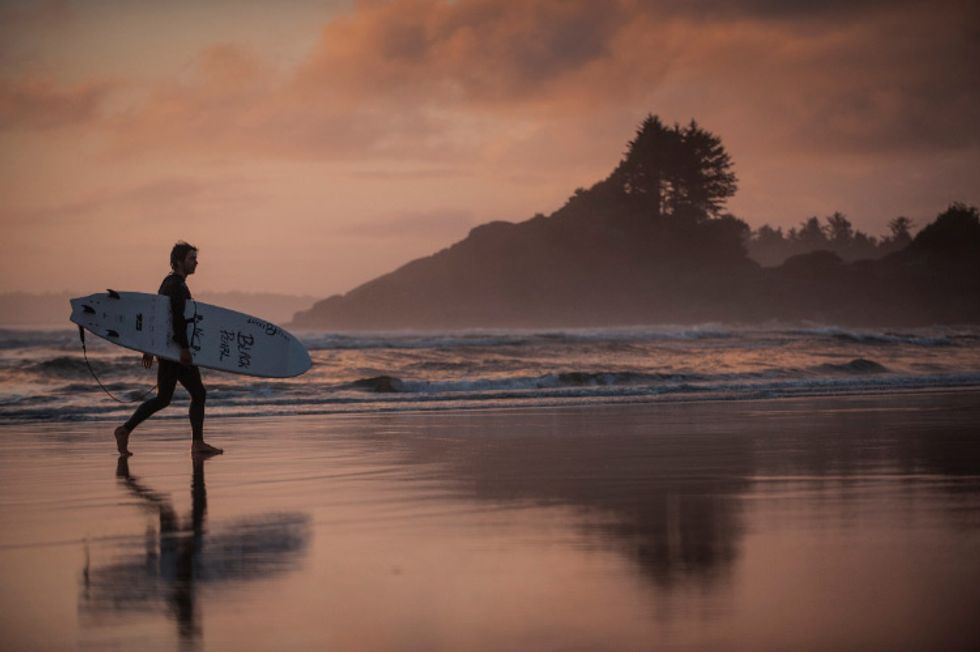
(Photo Courtesy of Brian Caissie)
Day 4: Tofino
Victoria’s the gateway to the rest of Vancouver Island, which offers ample area to explore, taking over 8 hours to drive from tip to tip. This vast realm often feels unexplored thanks to its lush forests and untouched beaches—we love the vibe in Tofino (a four-and-a-half-hour drive—or a short flight from Victoria) where travelers of many different stripes come together for surfing, the cozy village vibe, and some stunning storm-watching in the winter months.
Don’t miss out on a meal at Wolf in the Fog, the brainchild of chef-owner Nick Nutting, who dedicates his time to assembling seasonal plates and cocktails that showcase the best of the region. The potato-crusted oysters are a signature must-try.
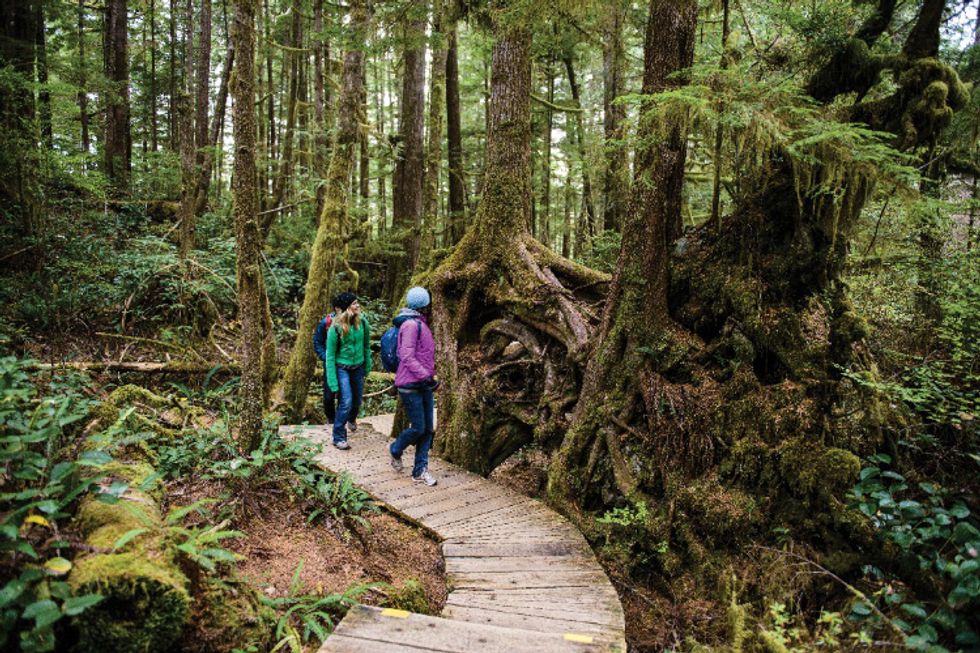
(Photo Courtesy of Brooke Arnold)
Day 5: Tofino
The western banks of Vancouver Island are also the ancestral grounds of the Tla-o-qui-aht people. In the last few years, there has been a newfound interest in these ancient roots and teaching both visitors and other locals about the coveted traditions and culture. T’ashii Paddle School promises fascinating tours that blend activity and history as travelers explore the old-growth forests around Chesterman Beach.
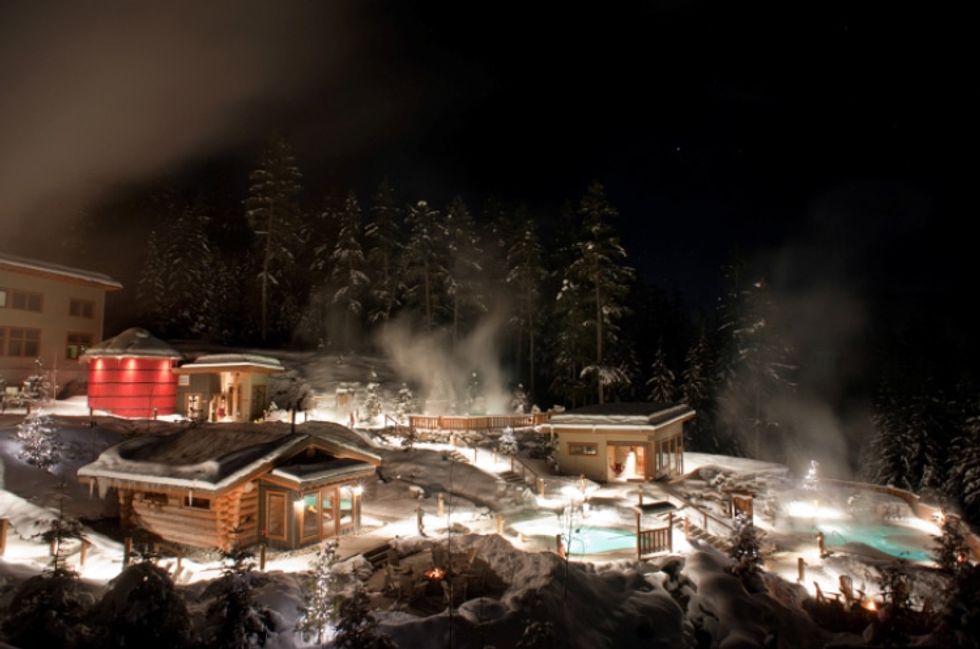
(Photo Courtesy of Destination Canada)
Day 6: Whistler
The home of the Vancouver 2010 Winter Olympic Games, Whistler Village has garnered a worldwide reputation as one of the top skiing destinations on the planet. While the resort is brilliant all year long, those who are lucky enough to plow some powder should also be sure to hit up the Scandinave Spa afterward to soothe their muscles by moving through a unique system of outdoor hot pools and saunas.
If skiing’s not your thing, there are still plenty of ways to get the blood rushing, including a visit to the Whistler Sliding Centre where throughout the year you can try the World’s fastest bobsleigh track with an expert pilot.
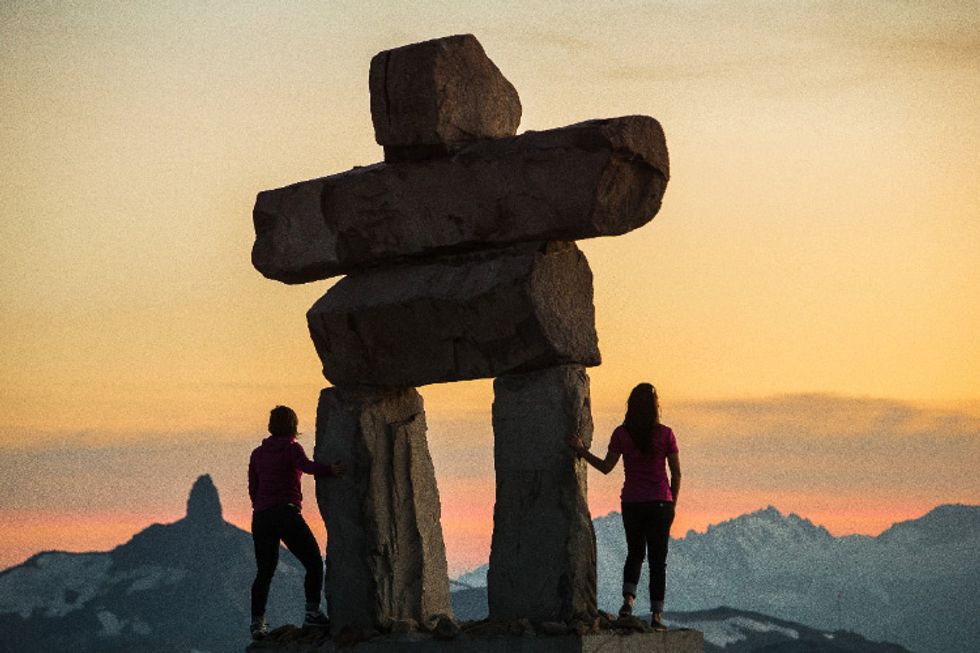
(Photo Courtesy of Whistler Blackcomb & Paul Morrison)
Day 7: Whistler
It’s important also to discover the other elements of Whistler’s multifaceted appeal, like the region’s rich Aboriginal history. The Squamish and Lil’wat indigenous peoples have lived peacefully as neighbors for ages, and the Squamish Lil’wat Cultural Centre celebrates the two nations’ ancient traditions and cultural knowledge in a building inspired by the local longhouses and the Istken (traditional earthen pit house).
Also worth a visit is the Audain Art Museum, a beautiful building nestled within picturesque natural surroundings. While temporary exhibitions bring in world class art, it’s the permanent collection of nearly 200 works that span the history of coastal British Columbia that is the real draw. There’s a stunning and massive assortment of Northwest Coast First Nations masks and a large array of paintings from Canadian icon Emily Carr. End your final day with a culinary experience at Bearfoot Bistro, a journey of the eyes as well as the palate. A visit here would not be complete without a bottle of champagne opened tableside by sabre, or a visit to the Ketel One Ice Room where you can sip vodka in the coldest tasting room in the world.
Ready to experience Canada for yourself? Discover more here.
